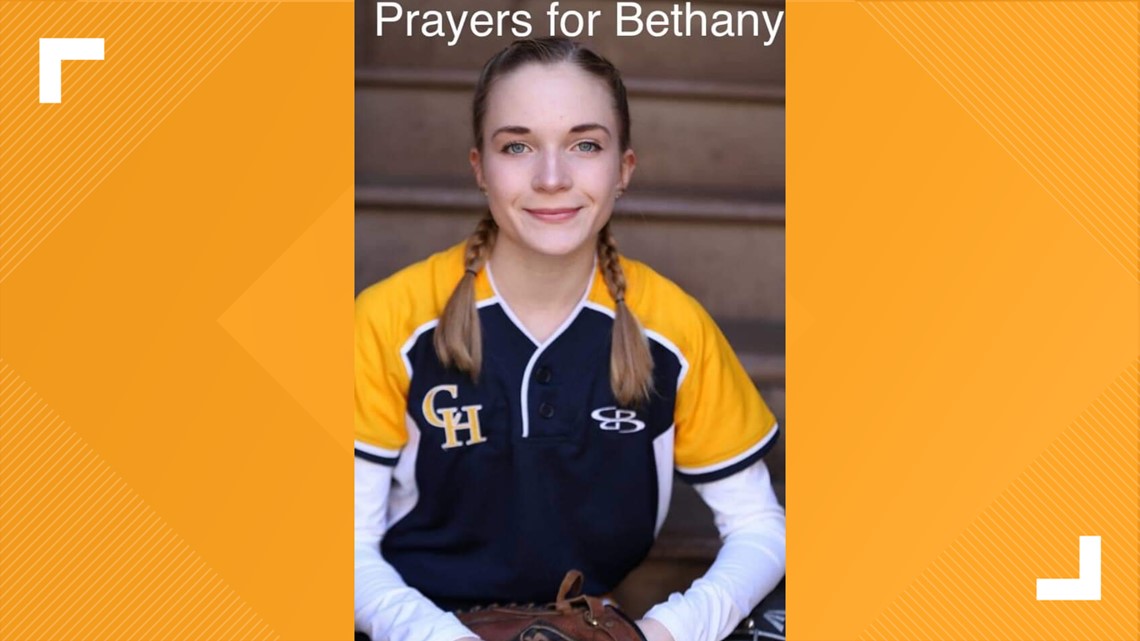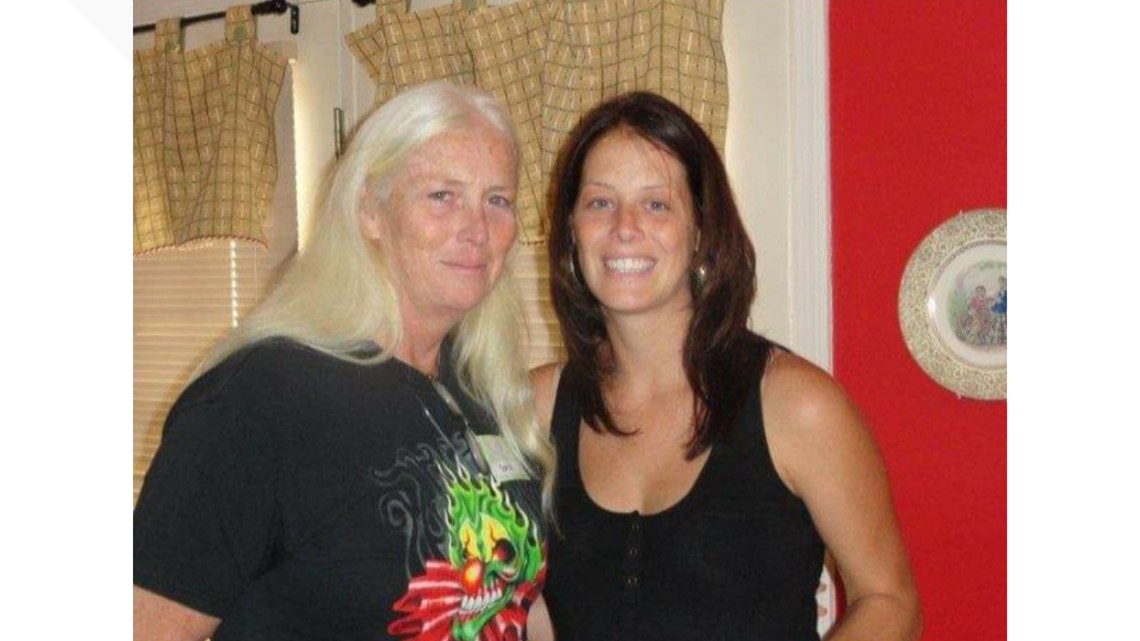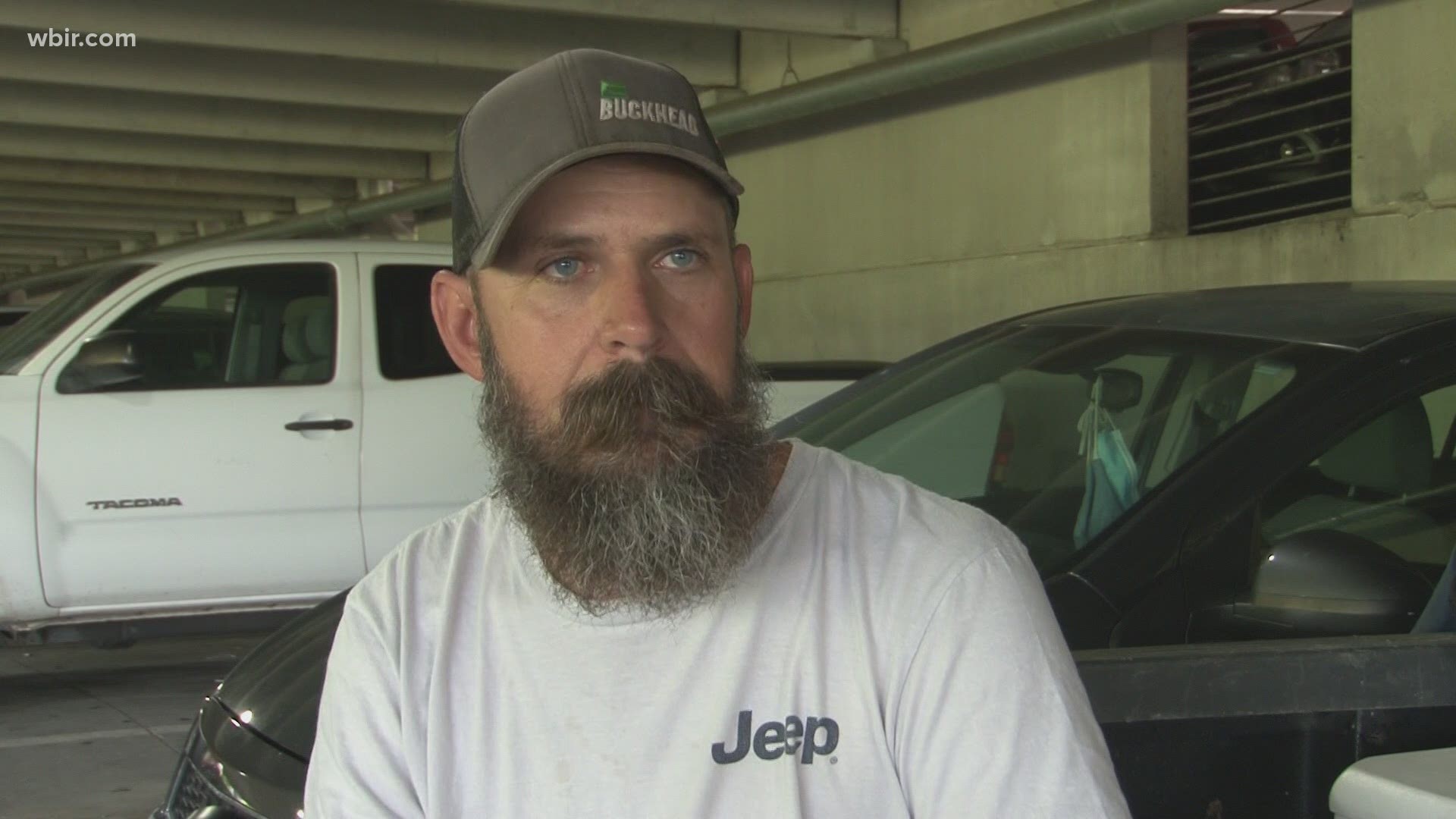KNOXVILLE, Tenn. — The pandemic is forcing hospitals to limit the number of people they allow inside. It is a tough reality for family members hoping to comfort their loved ones recovering from severe injuries.
Two families sitting outside the University of Tennessee Medical Center on Monday were both there for critically injured relatives but knew they couldn't get inside to offer comfort.
Casey Wade was one of those waiting. He was on day three of sleeping in his car and sitting in the bed of a truck.
UTMC encourages family members to go home and get rest if they are not able to get inside to see patients, a spokesperson for the hospital said it's for safety reasons.
"It's hard, but I don't mind as long as I'm this close to my daughter," Wade nodded.
Instead of a truck bed, he would rather be next to his 16-year-old daughter in her hospital bed. She was in a life-altering car crash in Mt. Carmel on Saturday.
"Her name is Bethany Wade. Pray, pray, pray," Casey begged.


She was life-flighted to UTMC Saturday. He hasn't been able to see her since she was in the Emergency Room.
"But since they gave her her room, I'm not allowed in there," Wade said.
It's a hard reality to face. Knoxville hospitals restrict visitors now to one per room, even if their stay has nothing to do with COVID-19.
So family members wait as close as they can for any type of moral support.
Alvinia Proffitt is another family member unable to see her loved one who is suffering.
"It's very very frustrating and it's very scary too," Proffitt admitted.
Her sister Donna Fox was in a motorcycle crash Sunday in Anderson County. Fox's husband was with her when it happened. She had to be life-flighted to UTMC as soon as it happened.


Proffitt said Fox had to have her spleen removed, has massive internal bleeding and broken ribs. She is unresponsive and doctors don't know if she'll make it.
"When you have a family member, you support them, you pray for them and you do what you can for them and their family and there's a lot of people that are not getting the ability to do that," Proffitt said.
She and her family were told they would get to see Fox shortly after she got out of surgery Sunday. Proffitt and a few other family members were waiting in a family room when a nurse told them they would be able to see Fox.
It wasn't long after that Proffitt said a nursing supervisor said they needed to leave immediately.
"[My sister] had just had you know an accident and [the supervisor] was very very adamant and she said 'If you don't leave, I'll call security,'" Proffitt recalled.
Proffitt said the family felt bullied and were told false information about the ventilation system in the hospital. Security escorted them out, and they didn't leave until Fox was more stable, around 4:30 a.m.
Fox's husband and daughter have gotten the chance to see her while she has been in the hospital, but no one else has.
Proffitt said she understands why there are restrictions and is a nurse practitioner herself. She even worked at UTMC for over a decade.
She said she wants patients and their families to be treated like humans. She feels that COVID-19 restrictions are taking a toll on the mental and physical health of those who are in the hospital for other reasons.
"Take care of the patient," Proffitt urged. "Have empathy for them. Have sympathy for them. No matter what they have, give them the support for what they’re going through, not for what somebody else has.”
In a normal year, each of these families would be right beside their loved ones in their time of need, but this year is keeping them parked.
"I don't like it one bit, but you do what you do for family and I'm not going anywhere," Wade admitted.
UT Medical Center said the visitation guidelines are to keep patients and staff as safe as possible. They are working in conjunction with other area hospitals to follow the same guidelines.
A spokesperson for UT Medical Center said the hospital staff empathizes with families affected by the new restrictions.
The staff is offering video calling for patients to see family members and access to pastoral care to help with the mental health toll of the pandemic restrictions.

